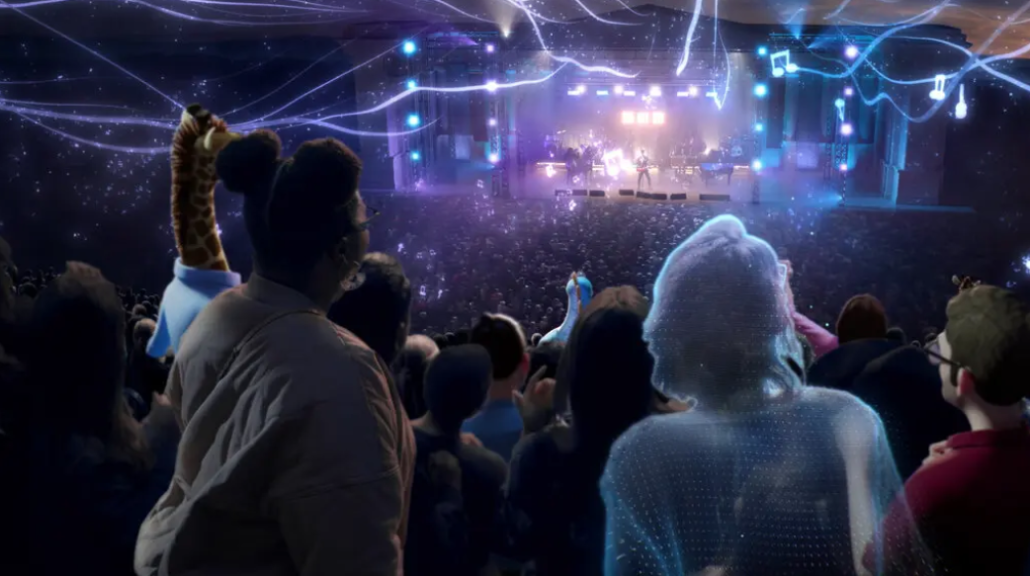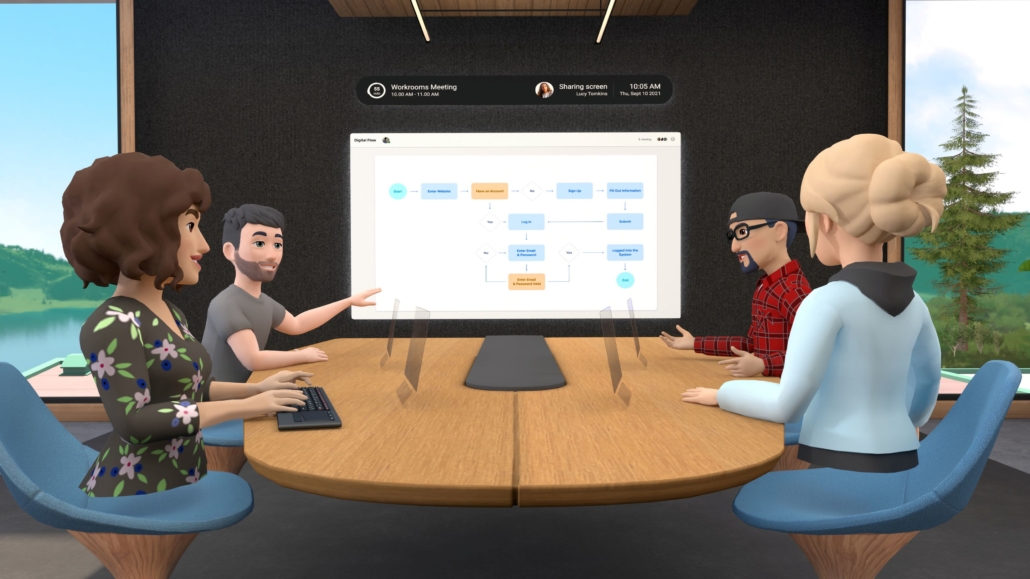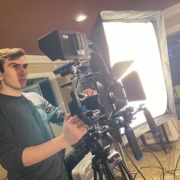The Metaverse, a journey into endless possibilities, good and bad
The Metaverse is coming. The Metaverse is coming. Correction, the Metaverse is here, in a sense anyway.
Facebook Announcement
We’ve been hearing a lot about the Metaverse lately, most recently when on October 28th Facebook CEO Mark Zuckerberg announced that the company will be rebranded as Meta Inc, moving it from a social media company to a Metaverse company—a company focused on technologies that connect people—in the next five years. The company’s apps—Facebook, Instagram, and WhatsApp—will still exist, but they’ll all operate under the Meta brand.
Though the term Metaverse is burning up Silicon Valley and the digital landscape, it was not coined by Zuckerberg, but by science fiction writer Neal Stephenson in his 1992 book, Snow Crash. The book featured a protagonist who moves between his reality in the real world and an immersive 3-D online world. Metaverse is a combination of two words, the Greek prefix meta meaning ‘beyond or after,’ and verse from the English word ‘universe’, as in beyond, or after, universe.
Meta what?
So what exactly is the Metaverse and what does it mean for the rest of us? One of the best and most easily understandable definitions was offered by Reuter’s journalist Elizabeth Howcroft in an interview:
“The Metaverse is a broad term but generally it refers to online spaces that allow people to interact in a more immersive way than traditional websites. This could be through the use of virtual reality—wearing VR headsets—but people also use the term to refer to virtual environments where you have an avatar—a cartoon person representing yourself—where you can walk around and interact with other people’s avatars, like in a video game.”
The Metaverse is the next iteration of the internet. It is its grandchild, as it were. The internet, through the various social media platforms and virtual meeting apps, have allowed us to interact with each other in a two-dimensional digital space. The Metaverse will bring us into a totally immersive 3D digital world, similar to what we see in futuristic movies or video games, though we’re not quite there yet.
How It Will Work
Users will be able to create digital representations of themselves that can move around and exist in the digital world. Though the number of Metaverse communities aren’t yet at scale, in time the Metaverse will allow us to digitally recreate and enter just about any aspect of the real world. This may include a digital copy of your office, places in your community, different states, or countries.

If you want to visit the Louvre Museum in Paris, there’ll likely be a 3D digital representation of it and you’ll be able to create an avatar that looks exactly like you—or you can make it look different, however you choose—and using a virtual– or augmented-reality headset or glasses, you’ll be able to move around in that world and have a real world experience as though you were visiting the actual Louvre.
You will even be able to meet your friends in the Metaverse or hangout with other strangers. In time. Right now the Metaverse is in its infancy, so the number of spaces you’ll be able to immerse yourself in digitally will be limited at first but expect that number to blossom exponentially in the coming years. Experts predict another ten to twenty years before the Metaverse will be at scale. And, of course, the Metaverse’s actualization may look different than how we currently conceive it.

The Race to Develop
Zuckerberg isn’t the only one racing to develop the Metaverse. Other industry giants like Google, Microsoft, and Apple, and gaming leaders like Epic, Roblox, Nvidia, and Tencent are also developing their own version of the digital space or aspects of it. The expectation, per Zuckerberg, is that eventually users will be able to ‘hop from one digital community to the other;’ the same way one leaves one party and heads to another or departs a meeting at the office for a concert.
Tim Sweeney, CEO of Epic Games Inc.—makers of the uber popular game Fortnite—projects the industry’s valuation in the trillions of dollars. Investors are already snatching up valuable digital real estate. The fashion industry is investing in the creation of digital fashion for those who want to buy clothing for their avatars. Digital concerts promise phenomenal returns. The one beleaguered rapper Travis Scott held via Fortnite in April of 2020 drew some 27 million attendees; and NFTs (Non-FungibleTokens) hold huge prospects in the digital landscape.

In terms of Zuckerberg’s conception of the Metaverse, or of his company Meta, as he calls it, he is focused on building the following core components:
Horizon Home—Zuckerberg’s ‘early vision of a home space,’ or gathering space in the Metaverse. This is the first thing you’ll see when you enter the virtual space, though there will be several options to choose from. In years to come users will be able to create their own version of a Home Space.
A Hangout Space—Meta Inc., is working on creating a Hangout Space where users will be able to invite their friends and move from one app to another using their avatars. Horizon Worlds—Users will be able to build new worlds and jump into them together. They will be able to create new games, social hangouts, and parties with friends.
Working in the Metaverse—The goal is to create digital workspaces to enhance the current necessity for hybrid work. Individuals will be able to digitally transport themselves into their offices, so a user may be working from home, but their avatar can be in the digital office attending a meeting or working on a project. They may even be able to project their hologram into the meeting so that they are sitting next to the physical version of their co-worker.
According to Zuckerberg this will reduce the need for employees to commute, be good for the environment—less CO2—giving users “more time to do things that matter,” and enhance the overall quality of life. Additionally, he says, it will create opportunities for global workspaces and for individuals in other countries to have greater access to remote employment opportunities beyond their borders.

More Money, More Meta, or, Bringing the Metaverse to Scale
“broad range of machine perceptions and AI (Artificial Intelligence) capabilities that empower developers to help them mix reality experiences.” They are developing improved virtual- and augmented-reality glasses and headsets with more sensors, and avatars with realistic facial expressions and movements that can interact more authentically with their environments. And, in a bid to make the avatars more reflective of the diverse range of users, the company is developing avatars with a wide range of features and skin tones and other attributes like beards and glasses.
The Good, the Bad, and the Meta
Although in its infancy, the Metaverse’s potential is massive, as is the change that it promises. It’s an exciting evolution of the internet, one that seems like science fiction, with users living inside a digital world, with access to a much broader range of experiences, including travel, at potentially less cost than exists in the real world.
In a best-case scenario the Metaverse will offer a vast democratization of access, giving users globally more access to diverse experiences, remote jobs, and virtual learning. That’s the promise. But alongside the dazzling promise exists chilling possibilities, including increased loss of privacy, hyper-realized micro targeting of users based on their data, and increased control.

Writer: Max Smith










